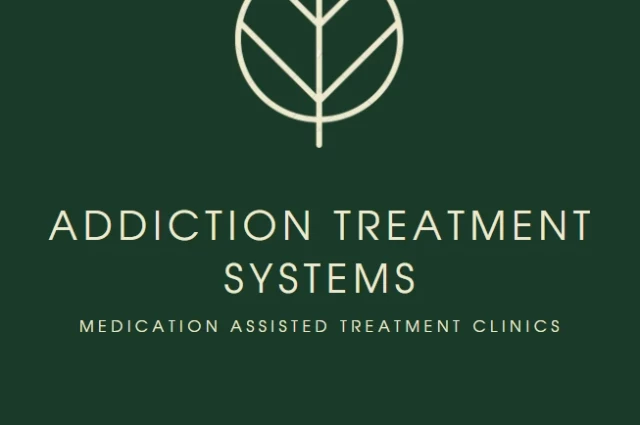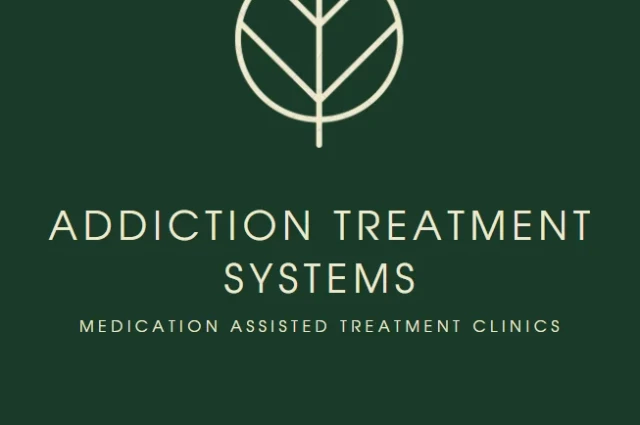Martinsburg Institute Information
Treatment
Who We Treat
- Young Adults (18–25)
- Male and Female
Approaches
- Couples Counseling
- Family Therapy
- Group Therapy
- Cognitive Behavioral Therapy (CBT)
- Motivational Interviewing
- 1-on-1 Counseling
- Medication-Assisted Treatment (MAT)
- Online Therapy
- Relapse Prevention Counseling
Conditions We Treat
- Perinatal Mental Health
Substances We Treat
- Opioids
Languages
- English
Aftercare
- Outpatient Treatment
- Employment Counseling
- Continuing Care
- Employment/Vocational Counseling
Level of Care
- Outpatient
- Outpatient Detox
- Detox
- Aftercare/Continuing Care
Experience
Smoking and Vaping Policy
- Smoking Allowed
- Vaping Allowed
Accreditations
-
Commission on Accreditation of Rehabilitation Facilities (CARF)
Established in 1966, the non-profit organization known as the Commission on Accreditation of Rehabilitation Facilities (CARF) has a dedicated focus on accrediting rehabilitation organizations. CARF's primary mission is to assist service providers, particularly rehabilitation facilities, in upholding and promoting the highest standards of care.

-
State department of health
Government agencies issue State Licenses, granting rehabilitation organizations permission to operate their businesses legally within specific geographic regions. The licenses needed for legal operation are typically determined by the type of rehabilitation program offered by a facility and its physical location.

-
SAMHSA certification for opioid treatment program (OTP)
SAMHSA's Opioid Treatment Programs (OTPs) accreditation is a rigorous recognition process that signifies an OTP's commitment to providing high-quality care for individuals dealing with opioid use disorders. It assures patients, families, and the community that the program adheres to evidence-based practices, employs qualified staff, and maintains a safe treatment environment. This accreditation is a symbol of quality and accountability, offering confidence in the program's ability to support individuals on their path to recovery from opioid addiction.
-
Drug Enforcement Agency (DEA)
DEA accreditation refers to the process by which a law enforcement agency is recognized by the Drug Enforcement Agency (DEA) as having met specific training, operational, and resource requirements necessary to participate in DEA-led drug enforcement efforts. This accreditation allows the agency to perform DEA-related tasks such as conducting investigations, executing federal search warrants, and participating in joint task forces.
Martinsburg Institute Accepts The Following Insurance Plans
Find the best treatment options. Call our free and confidential helpline today!


